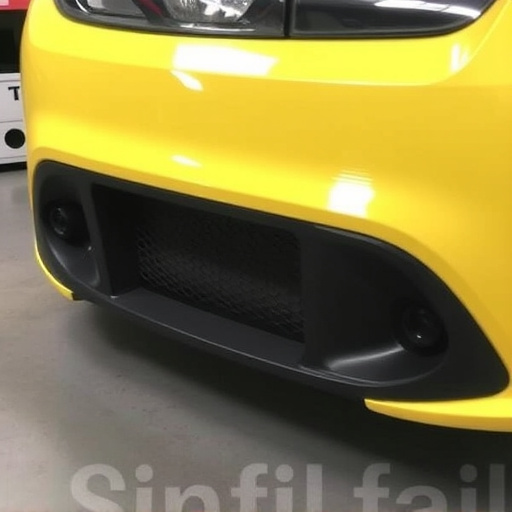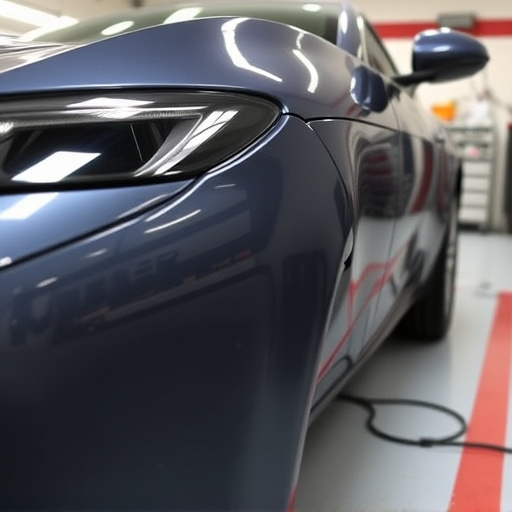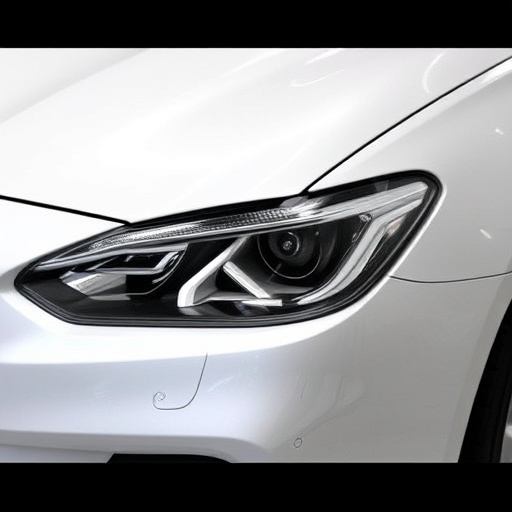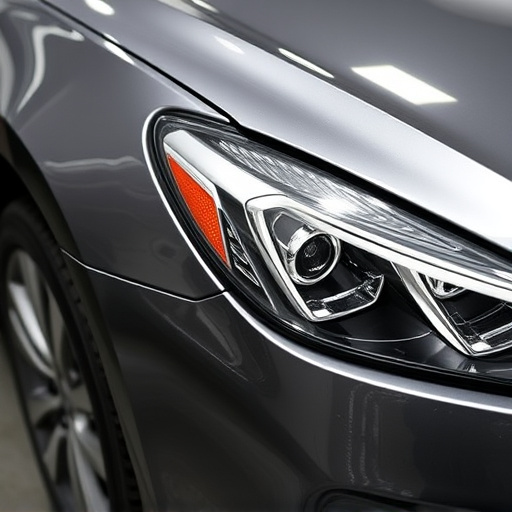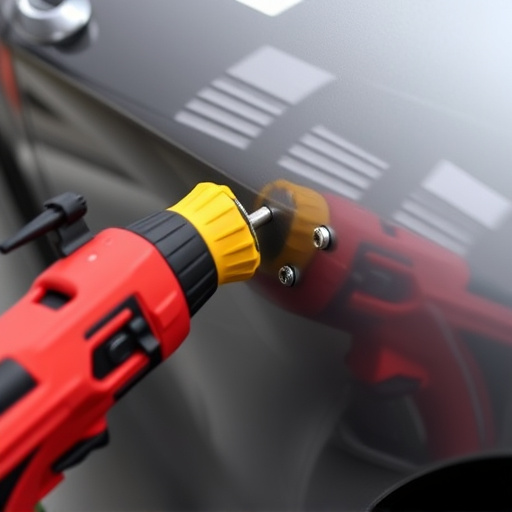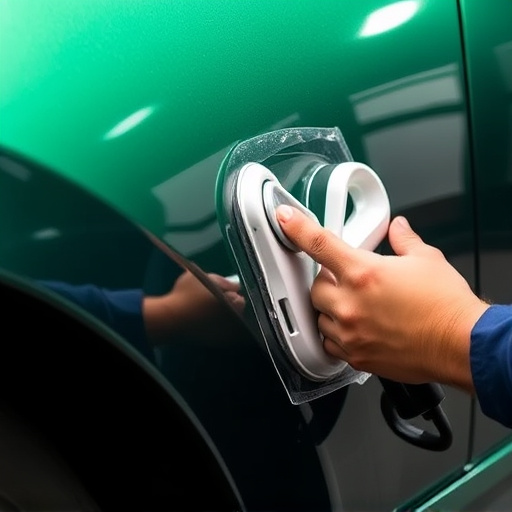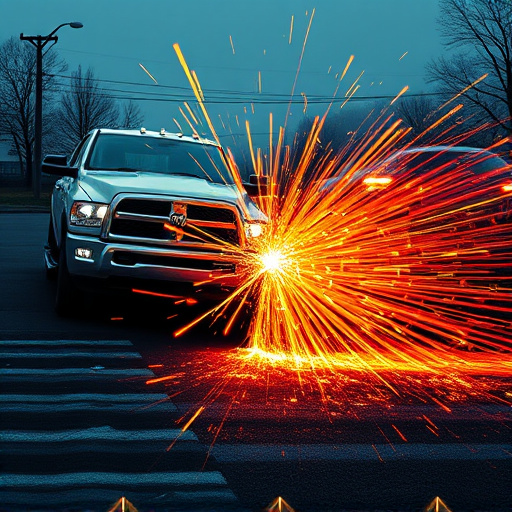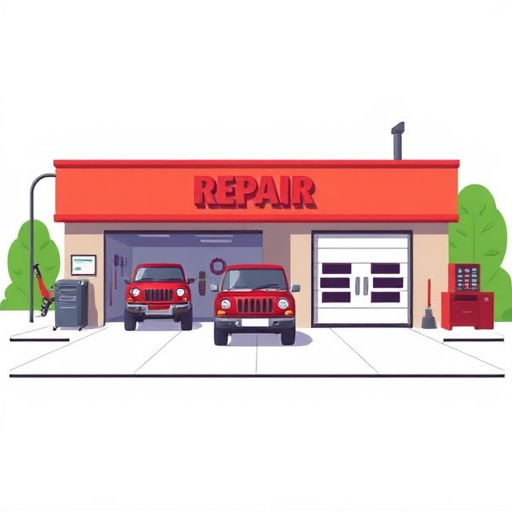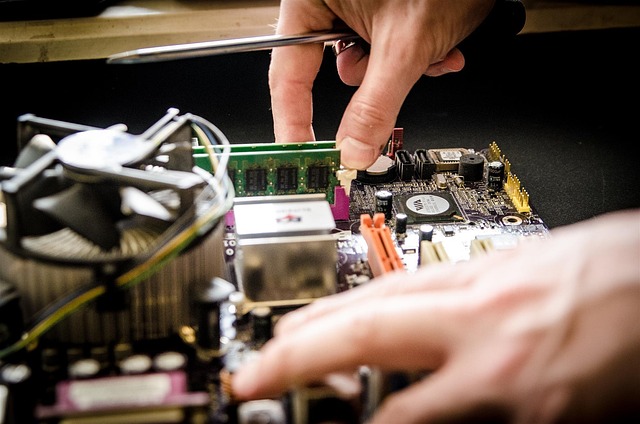When facing a repair vs replace dilemma for your hybrid or electric vehicle (EV), assess damage extent, vehicle age, warranty coverage, and cost of replacement parts. Minor issues can often be repaired affordably, while severe structural damages require replacement. Researching part lifespans and exploring used options ensures quality and sustainability for eco-conscious owners, helping make an informed choice between repairing or replacing your EV/HV.
In today’s eco-conscious world, electric and hybrid vehicles (EVs/HVs) are gaining popularity. When these sophisticated machines require maintenance, owners often face a pivotal decision: repair or replace? This article delves into the nuances of this decision, offering insights on understanding repair and replacement options for EVs/HVs, key factors to consider, and a practical approach to make an informed choice that aligns with your environmental and financial goals.
- Understanding the Repair and Replace Options for Electric and Hybrid Vehicles
- Factors to Consider When Weighing Repair vs. Replace
- A Practical Approach to Making the Best Decision for Your EV/HV
Understanding the Repair and Replace Options for Electric and Hybrid Vehicles

When faced with a repair vs replace decision for your hybrid or electric vehicle (EV), understanding your options is crucial. The first step involves evaluating the extent of the damage and the associated costs. Many auto repair services offer specialized care for EVs, ensuring that essential systems like battery packs and advanced electronics are handled correctly. A collision repair center, for instance, can assist in repairing structural damage while minimizing environmental impact.
This decision becomes more complex than a simple car scratch repair. EV owners often consider the age of their vehicle, remaining warranty coverage, and the rising costs of new technology. Additionally, access to replacement parts and qualified technicians matters greatly. By weighing these factors, you can make an informed choice between repairing or replacing your hybrid or electric vehicle, balancing cost-effectiveness with environmental responsibility.
Factors to Consider When Weighing Repair vs. Replace
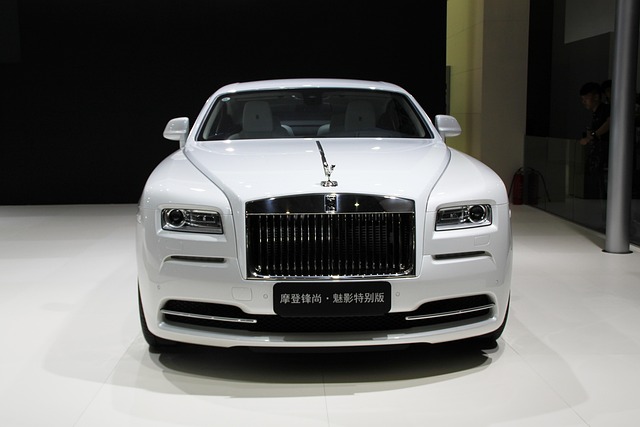
When deciding between repairing or replacing a hybrid or electric vehicle, several factors come into play. First and foremost, evaluating the extent of the damage is crucial. Minor issues like a dented fender or a cracked headlight can often be repaired affordably at an automotive body shop, saving you money and preserving your car’s original look. However, for more severe damages, such as frame straightening due to an accident, replacement might be the better option, ensuring structural integrity and safety.
Another key consideration is the age and overall condition of the vehicle. If your hybrid or electric vehicle is still under warranty, repairing specific components could be more cost-effective than replacing them outright. Moreover, if the car has been well-maintained, investing in repairs might extend its lifespan significantly. However, as vehicles age, the decision to replace worn-out parts becomes increasingly necessary, especially for high-tech elements unique to electric and hybrid models, which may not have readily available replacement parts or specialized automotive body shops capable of performing complex repairs.
A Practical Approach to Making the Best Decision for Your EV/HV

Making a repair vs replace decision for your hybrid or electric vehicle (EV/HV) can feel daunting, but a practical approach can simplify the process. Start by assessing the extent of the damage or issue. Minor problems like a cracked headlight or minor dents can often be efficiently addressed through car body restoration or car paint repair services at an auto repair shop. These solutions are cost-effective and can help maintain your vehicle’s aesthetics and safety without the need for a complete replacement.
For more significant issues, such as faulty battery systems or serious mechanical failures, replacing key components might be the better long-term investment. Researching the average lifespan of different EV/HV parts and understanding their maintenance history can inform this decision. Moreover, exploring options for used or refurbished replacement parts can further reduce costs while ensuring quality and compatibility, making it a more sustainable choice for eco-conscious owners.
When deciding between repairing or replacing a hybrid or electric vehicle, a thoughtful evaluation of both options is crucial. By considering factors like cost, availability of parts, and environmental impact, owners can make an informed choice that aligns with their needs. A practical approach involves balancing short-term repair costs against potential long-term replacement expenses, ensuring the decision is not only sensible but also sustainable for the vehicle’s lifecycle. Ultimately, understanding the repair vs. replace dynamic empowers EV/HV owners to navigate this decision confidently, leading to the best outcome for both their wallets and the environment.
